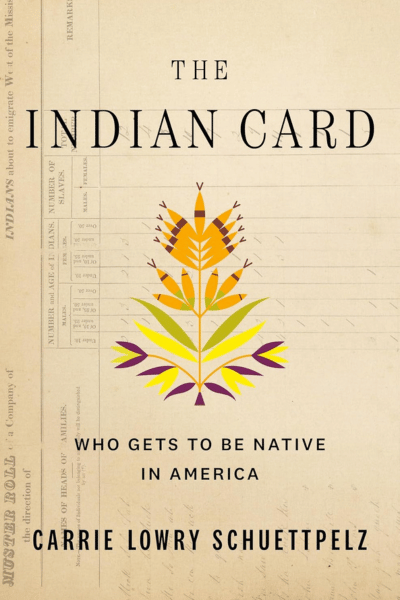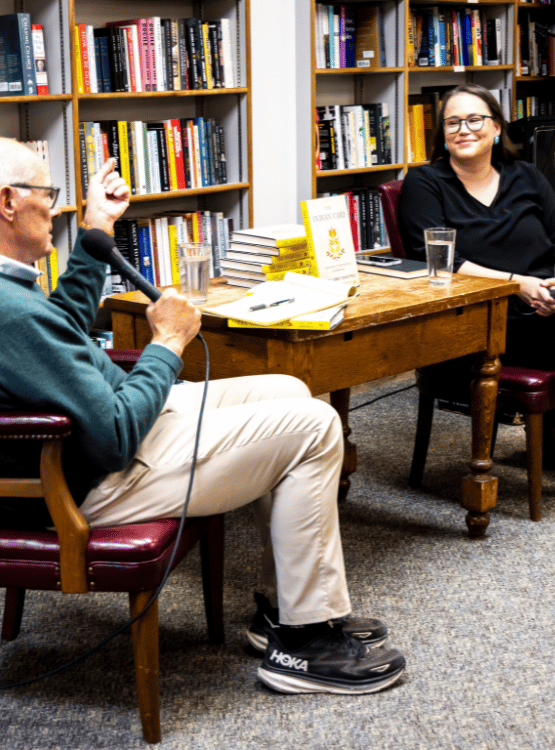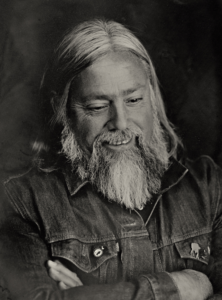Carrie Lowry Schuettpelz is an enrolled member of the Lumbee Tribe of North Carolina. She is a writer, educator, and policy practitioner.
Carrie currently serves as an Associate Professor of Practice in the School of Planning and Public Affairs (SPPA) at the University of Iowa, where she is also the Director of the Native Policy Lab. Her areas of expertise include Tribal policy, Native identity and enrollment, Native land systems, homelessness, and affordable housing. As a policy practitioner, she works with communities across the country to create more equitable policy. In 2025, her Native Policy Lab was awarded $1.1 million by the Mellon Foundation to work on two projects, including one on Native land mapping; and the other to return Indian Boarding School records to survivors.
Prior to joining the faculty at Iowa, Carrie was a policy advisor in the Obama Administration, focusing especially on homelessness and Tribal policy. Prior to that, she was a Fulbright Scholar in Copenhagen, Denmark. She holds a Master in Public Policy degree from Harvard’s Kennedy School of Government, as well as an MFA in Creative Writing from the University of Wisconsin-Madison.
Carrie was awarded the Whiting Nonfiction Grant for her debut nonfiction book, The Indian Card (October 2024).









